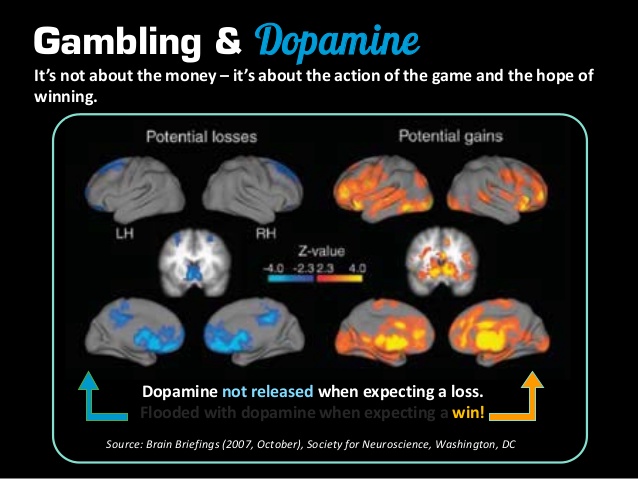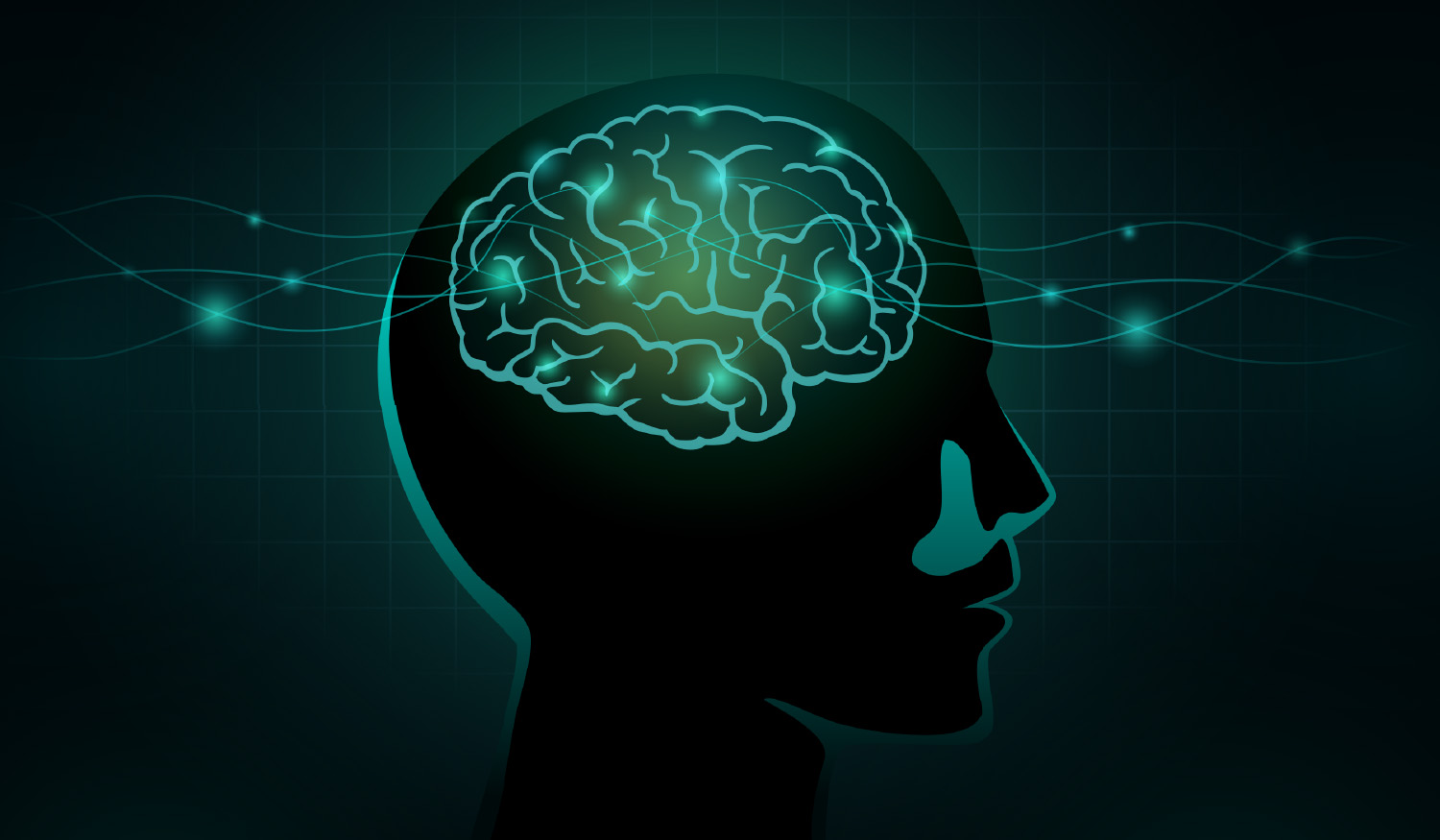The urge people struggling with compulsive gambling feel to keep betting even after countless losses can be attributed to the brain. When this impulse occurs, it surpasses standard thought processes and logic. Instead, the brain’s reward system takes over. The desire to win money makes it extremely difficult to stop gambling, sometimes to the point of going into debt, lying about behavior and asking others for money. Understand how the cycle starts — and how it can stop — here.
How the brain’s reward system operates
Our brains are wired in ways that keep humans functioning and motivated, with a reward system designed to support this using dopamine. In a typical brain, separate pathways for liking and wanting things are activated when something is enjoyed or desired, respectively. With gambling addiction, the wanting pathway is amplified with a strong craving for dopamine, while the liking pathway becomes diminished. A reward that once created a positive feeling is no longer satisfying, whereas the urge to win becomes stronger, sometimes at any cost.
Even if someone struggling with compulsive gambling doesn’t want to keep gambling or knows it may cause more financial harm, these urges created by the brain are similar to those involved with alcohol and drug addiction, and can take over. This is very hard to overcome, making the pattern extremely difficult to break without support.
Causes of neurological disruption
Gambling addiction can be caused by several things, including genetic, biological and environmental elements. For those who have a parent living with problem gambling, there’s a higher risk of developing the disorder. While it can become a compulsive behavior for anyone, younger people are especially susceptible, and it’s also more common among men than women. Several mental health conditions can be linked to problem gambling, along with certain personality traits like impulsivity and workaholism.
Because multiple factors can cause disruption in the brain and amplify compulsive behavior, it’s important to be cautious when gambling. If you have an existing trait that could put you at risk for problem gambling, the best way to prevent an addiction may be avoiding gambling altogether, if possible. Even if you’re unaware of any factors that increase the likelihood, keep in mind that problem gambling can happen to anyone and pay close attention to your own behavior.

Why addiction escalates
Continuing to play past a predetermined money limit is just one sign of problem gambling. Other harmful behaviors can coincide. Some people are overcome with their need to gamble and skip responsibilities like school, work and relationships. They may even start gambling with greater amounts of money and become focused on their next opportunity to play. In dire circumstances, people can end up bankrupt.
When the brain gets used to recurring dopamine and reward system activation in the brain, it starts to need more stimulus to get the same level of satisfaction. With gambling disorder, this can mean gambling more frequently and with more money. The anticipation of winning causes dopamine to be released. Eventually, even losing money will also cause the same dopamine response in the brain as winning, perpetuating the gambling pattern.
Breaking the cycle
Breaking the problem gambling cycle can be a challenge, since the brain is accustomed to the compulsive activation of its reward system. Among people who experience problem gambling, the part of the brain that’s able to stop rash decisions isn’t always as strong as it is for others.
Problem gambling recovery is challenging but possible, especially with access to a support system. To successfully put a stop to gambling, it’s important to avoid all types. Setting an intention to get better and following through by seeking outside help are great ways to get started. There are many options when it comes to recovery, and finding the right one can help you adjust behavioral patterns and pathways in the brain. With proper guidance, available to Minnesotans for free, people dealing with problem gambling can make a full recovery and lead heathy, financially stable lives.
